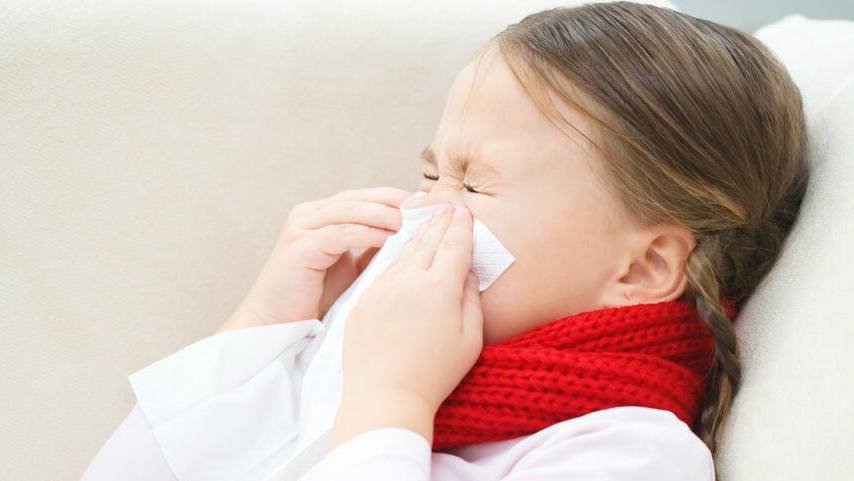
April 30, 2025 | Washington, D.C.
The 2024 flu season in the United States has turned out to be the deadliest for children in any non-pandemic year, with the Centers for Disease Control and Prevention (CDC) confirming a total of 216 pediatric deaths so far. In the most recent update for the week ending April 26, the CDC reported 12 more child deaths from influenza, taking the toll beyond the previous high of 207 recorded in the 2019-2020 flu season.
According to a report by Xinhua News Agency, the CDC noted that while flu activity is now declining, this season has been particularly harsh for people of all ages. An estimated 47 million Americans have fallen ill, with 610,000 hospitalizations and approximately 26,000 deaths nationwide.
Dr. Shawn O’Leary of the American Academy of Pediatrics emphasized that the lower flu vaccination rate among children this season likely contributed to the higher severity. “Vaccination significantly reduces the risk of hospitalization and death, even if it doesn’t fully prevent all flu symptoms,” said Dr. O’Leary.
The CDC continues to recommend that everyone aged six months and older get an annual flu shot as long as the virus is circulating. However, declining childhood vaccination rates—fueled by misinformation online and political controversies surrounding COVID-19 vaccines—have raised serious public health concerns.
This season has also taken a toll on adults. The CDC has reported about 5,200 adult hospitalizations due to flu, with 95 of them having pre-existing medical conditions. Among children, about 2,000 have been hospitalized, and only 53 percent had underlying health issues such as asthma or obesity.
The CDC has not disclosed how many of the 216 children who died were vaccinated, but health experts continue to stress the importance of immunization.
On a positive note, flu cases have steadily declined since February. The CDC reports that all 50 states are currently experiencing low or very low levels of flu activity.
With this season serving as a stark reminder of influenza’s potential danger, especially to children, public health officials are urging families to remain vigilant and prioritize annual vaccinations.




